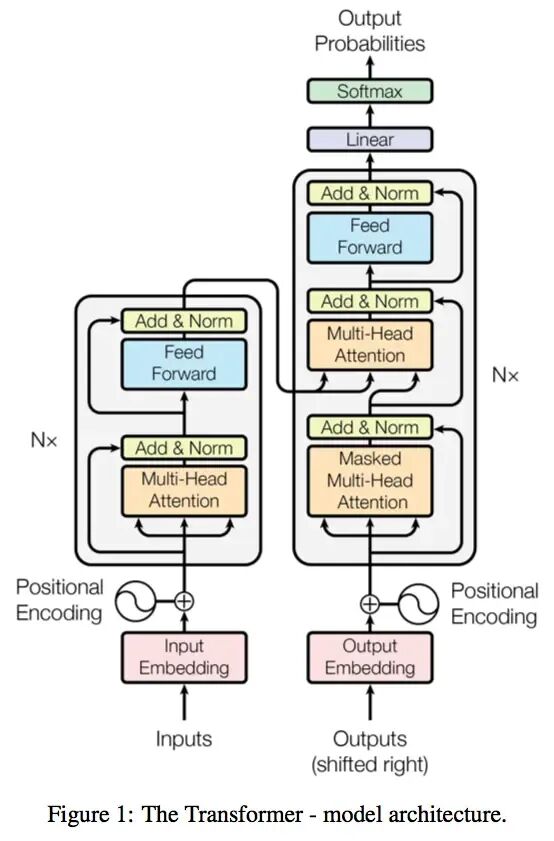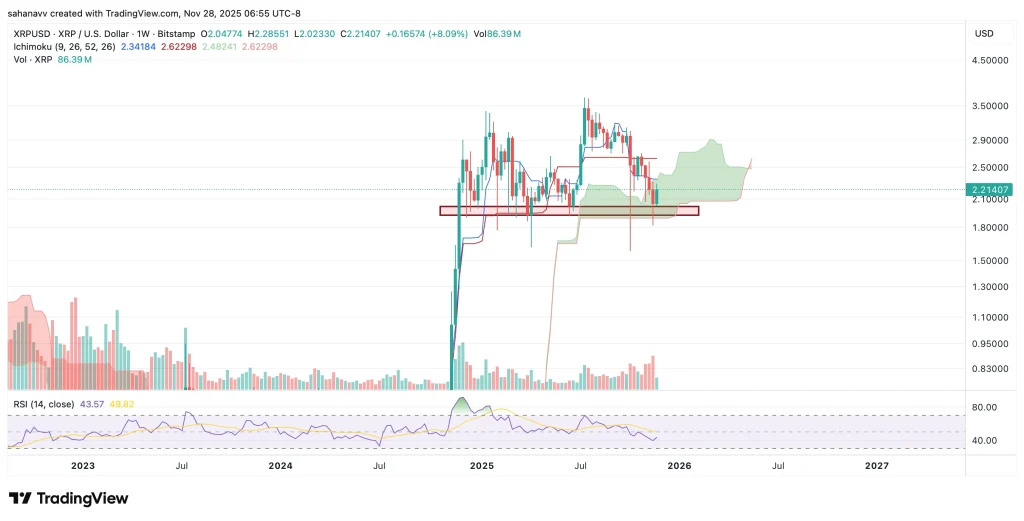Behavioral Finance and BMNR: Navigating Speculative Bubbles with Probability-Weighted Risk Preferences
- BMNR's 2,500% stock surge was driven by narrative-driven cognitive biases in retail investors, not fundamentals. - The reflection effect explains risk-seeking behavior during perceived gains and panic selling during losses, amplifying BMNR's volatility. - Probability-weighted risk frameworks with scenario analysis, asymmetric exposure, and dynamic rebalancing can mitigate speculative bubbles. - Predefined exit rules and liquidity buffers are critical for managing behavioral traps during market dislocatio
The recent meteoric rise of BitMine Immersion Technologies Inc. (BMNR) offers a vivid case study in the interplay between behavioral finance and speculative market dynamics. Over a short period, BMNR's stock surged by 2,500%, driven not by fundamentals but by a narrative-laden environment that exploited cognitive biases among retail investors. This episode underscores the critical need for investors to integrate behavioral insights—particularly the reflection effect—into their decision-making frameworks to enhance portfolio resilience and optimize risk-taking behavior.
The Reflection Effect and BMNR's Behavioral Triggers
The reflection effect, a cornerstone of prospect theory, describes how individuals switch from risk-averse to risk-seeking behavior depending on whether outcomes are framed as gains or losses. In BMNR's case, the narrative of a “crypto gateway” created a perceived gain, triggering risk-seeking behavior. Investors, anchored to the $250 million PIPE announcement and Tom Lee's endorsement, ignored red flags such as the absence of Ethereum holdings or operational infrastructure. This herd mentality amplified the illusion of scarcity (only 3.2 million shares in float) and fueled a self-reinforcing buying cycle.
Conversely, when the speculative bubble inevitably collapsed—triggered by insider selling post-PIPE registration—investors faced a sudden shift to perceived losses. The reflection effect then reversed: risk-averse behavior emerged as panic selling overwhelmed the market. This duality highlights how behavioral biases distort probability-weighted risk assessments, leading to suboptimal decisions during euphoria and crisis.
Probability-Weighted Risk Preferences: A Framework for Resilience
To mitigate such volatility, investors must adopt a probability-weighted approach to risk. This involves:
1. Scenario Analysis: Quantifying the likelihood of extreme outcomes (e.g., a 90%+ drop in BMNR's price post-peak) and stress-testing portfolios against them.
2. Asymmetric Exposure: Allocating capital to assets with uncorrelated behavioral drivers, reducing the impact of narrative-driven bubbles.
3. Dynamic Rebalancing: Adjusting risk exposure based on market sentiment indicators, such as retail investor sentiment indices or short-interest ratios.
For example, a diversified portfolio might pair BMNR-like speculative plays with defensive assets (e.g., Treasury bonds or dividend-paying equities) to balance the reflection effect's extremes. During euphoria, reducing exposure to overhyped assets and increasing hedges can preserve capital. During panic, disciplined buying of undervalued, fundamentally sound assets can capitalize on irrational sell-offs.
Crisis Response: Beyond the Behavioral Traps
The BMNR saga also reveals the importance of crisis preparedness. When the float expanded from 3.2 million to 62.28 million shares, the stock's collapse was inevitable. Investors who recognized the PIPE's structural risks—such as insider selling pressure—could have exited early or hedged with options. However, cognitive dissonance and overconfidence often prevent such actions, as seen in BMNR's case.
A smarter strategy involves:
- Predefined Exit Rules: Setting strict stop-loss thresholds based on technical indicators (e.g., 50-day moving averages) or fundamental triggers (e.g., revenue shortfalls).
- Behavioral Audits: Periodically reviewing investment decisions for signs of anchoring, confirmation bias, or herd mentality.
- Liquidity Buffers: Maintaining cash reserves to exploit opportunities during market dislocations.
Conclusion: Building a Behaviorally Resilient Portfolio
BMNR's trajectory is not an anomaly but a symptom of a broader market trend where narratives override fundamentals. By leveraging insights from behavioral finance—particularly the reflection effect—investors can deconstruct speculative cycles and align their portfolios with probability-weighted outcomes. This requires a disciplined, data-driven approach that balances risk-taking with resilience, ensuring that cognitive biases do not dictate long-term success.
In an era of engineered market manipulation and volatile microcap plays, the ability to separate signal from noise will define the most successful investors. The lessons from BMNR are clear: understanding the psychology of markets is as critical as understanding their mechanics.
Disclaimer: The content of this article solely reflects the author's opinion and does not represent the platform in any capacity. This article is not intended to serve as a reference for making investment decisions.
You may also like
No wonder Buffett finally bet on Google
Google holds the entire chain in its own hands. It does not rely on Nvidia and possesses efficient, low-cost computational sovereignty.

HYPE Price Prediction December 2025: Can Hyperliquid Absorb Its Largest Supply Shock?

XRP Price Stuck Below Key Resistance, While Hidden Bullish Structure Hints at a Move To $3

Bitcoin Price Prediction: Recovery Targets $92K–$101K as Market Stabilizes